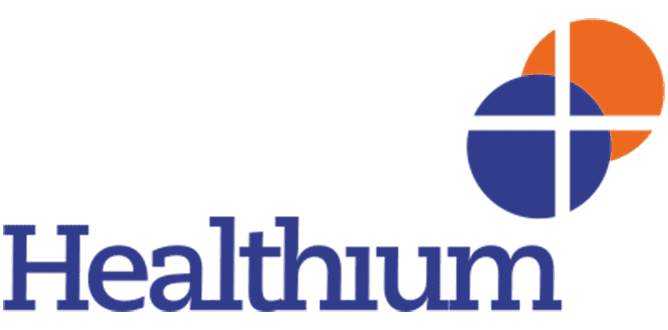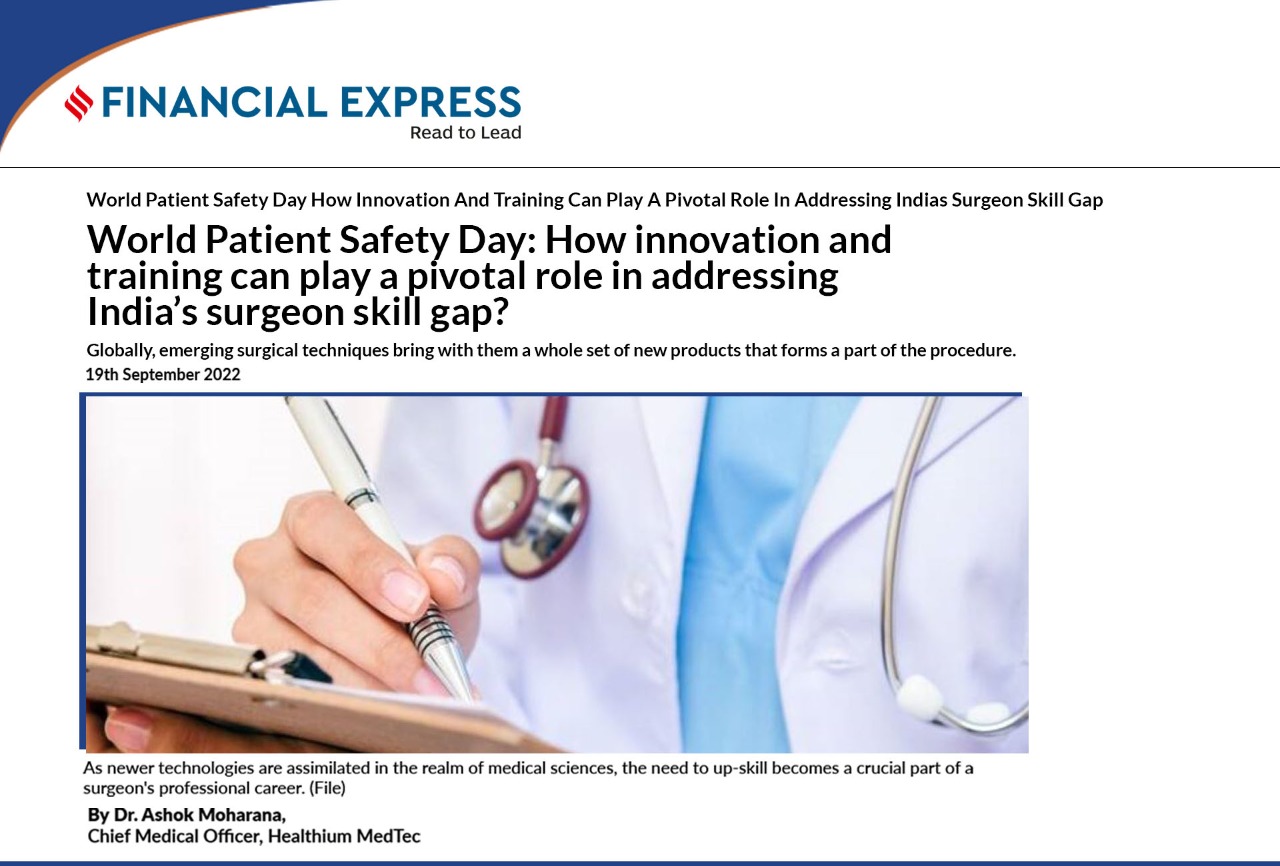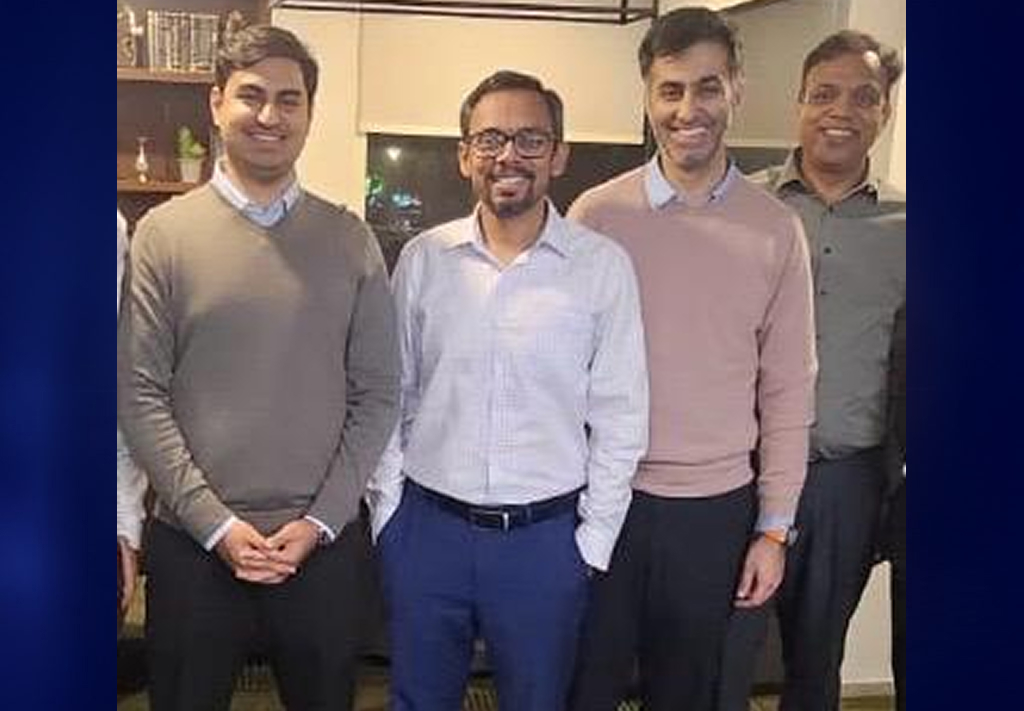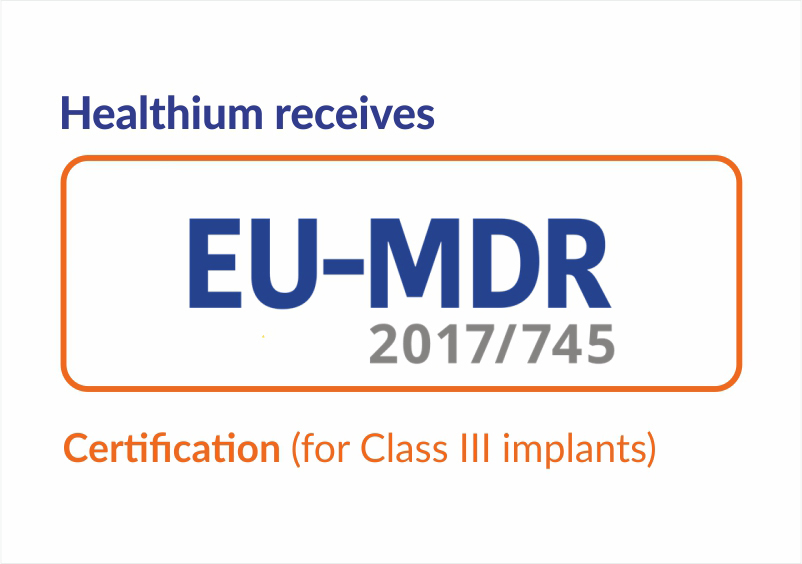Globally, emerging surgical techniques bring with them a whole set of new products that forms a part of the procedure.
Dr. Ashok Moharana
Doctors particularly surgeons all over the world are treated with a great deal of reverence for the services they render, and India is no exception. However, there are unique challenges that surgeons in India face, which can be overcome with a multi-dimensional, integrated approach. The prime contributor to this unenviable scenario is the low doctor-to-patient ratio in our country. This puts tremendous pressure on doctors and surgeons, who are eager to upgrade their skills with latest developments in their own fields of interest. However, this skill gap, particularly among surgeons, can be bridged with the help of Medtech interventions and a collaborative approach among various stakeholders. Some of the key areas central to reducing skill gaps are technological advancements in the field of surgeries, standardized operating procedures, quality medical devices and access to hands on training.
Technology related skilling:
As newer technologies are assimilated in the realm of medical sciences, the need to up-skill becomes a crucial part of a surgeon’s professional career. A case in point is the minimally invasive surgery, such as laparoscopic, arthroscopic or robotic surgeries, that have better outcomes for patients. For instance, laparoscopic suturing is an area that needs expertise and studies by academicians have shown that there are gaps in training. As a result, Medtech firms have been collaborating closely with academia to provide specialised training to young surgeons to enable them to quickly acquire the necessary skills. Moreover, efforts are underway to include surgical simulation as a part of the medical curriculum for better skill acquisition and to steepen the learning curve.
Product innovation and skilling:
Globally, emerging surgical techniques bring with them a whole set of new products that forms a part of the procedure. When these techniques are applied in India, the accompanying products may not be the right fit for Indian patients. It is often seen that these products are not fitting to our patients or not available in the country, and therefore there is a delay in implementing these techniques. To bridge such gaps, in India’s healthcare system, most Medtech firms have been working very closely with surgeons to create products that satiate the peculiar medical needs of the Indian patients. Such initiatives in line with India’s objective of local manufacturing will assist in easy accessibility and affordable medical products for the patients. Local innovation and manufacturing will lead to easier training and quicker adoption of these medical devices.
Patient Safety and Quality Standards:
A related yet connected area is that of spurious medical devices that end up in the operation theatre. There have been numerous cases reported from different parts of the country, especially in smaller towns and cities, where sub-standard medical devices have been used, resulting in serious health hazards. Patient safety is supreme in initiatives of localisation and surgeons and medical institutions will need to work in tandem with Medtech companies to ensure safe, and quality products are used during surgeries. Collaboration with regulatory organisations to achieve globally harmonised quality standards, including materiovigilance and post-market surveillance, is an important role that surgeons can assume.
Upgrading knowledge based on clinical evidence:
Digitisation of medical information has brought about development of local clinical evidence and this information is integral to a surgeon’s learning and skilling experience. While creating the necessary IT infrastructure for evidence generation is expensive, the coming together of health IT companies, medtech firms, and surgical and clinical staff of hospitals has worked well in developing such solutions based on artificial intelligence and machine learning. A few hospitals in India have adopted this approach and have managed to overcome serious medical lacunae. The biggest beneficiaries of such an integrated approach have been the patients, who have been bestowed with favourable surgical outcomes.
In conclusion:
A symbiotic relationship between the surgeons, academia and medtech firms can be a starting point for development and quick adoption of local solutions which shall resolve the unmet surgical needs of the patients. We have a long way to go in this direction but it’s heartening to see that we have discovered a cohesive path of collaboration.





